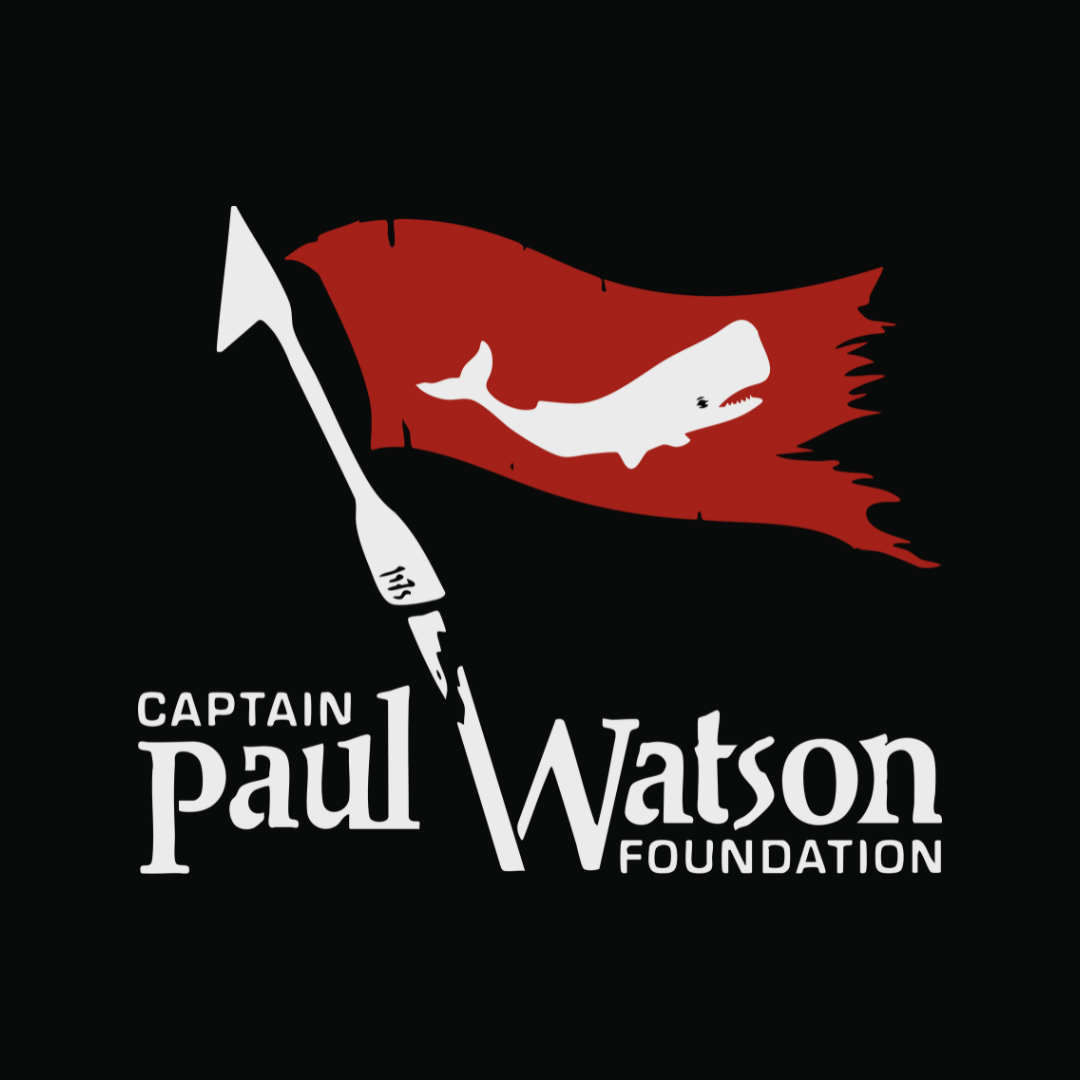The Captain Paul Watson Foundation has entered a bold new chapter, unveiling a powerful new logo that reflects its unwavering mission: to end whaling in Paul Watson’s lifetime. In 2024, Captain Paul Watson was arrested in Denmark while refueling, detained under an INTERPOL Red Notice issued at Japan’s request.
Facing the possibility of extradition to Japan and a lifetime behind bars, he spent five months in a Greenland prison in Nuuk, awaiting an uncertain fate. After multiple postponements, Denmark ultimately rejected Japan’s extradition request, and Watson was released. Now, free once more, he is preparing for his first major campaign—an ambitious and direct mission to Iceland to confront whaling magnate Kristján Loftsson. As he charts the course for this new campaign, Watson has also taken the time to reassess his foundation’s identity.
The Captain Paul Watson Foundation was initially formed in haste after Watson’s departure from Sea Shepherd, resulting in multiple logos across different branches of the organization. Now, a singular vision has emerged—one logo, one purpose: Save whales. The new emblem tells the story that changed Paul Watson’s life. In 1975, he found himself face-to-face with a Russian whaling fleet, standing between the harpoons and a pod of sperm whales. As he watched helplessly, a massive whale was struck.
Wounded, it dove deep before rising directly toward him. It could have easily taken his life, but instead, it spared him. In that moment, Watson locked eyes with the whale, and his life’s mission was forged—to protect these sentient beings from human slaughter.That defining moment is now embodied in the new logo: a sperm whale on a flag, a symbol of defiance, determination, and dedication to ocean conservation.
“It’s simple,” Watson says. “Our mission is to save whales and to break harpoons. This logo represents that.” As the Captain Paul Watson Foundation embarks on its most ambitious campaign yet, it does so under a single banner—one that carries a lifetime of devotion to the fight for our oceans.


